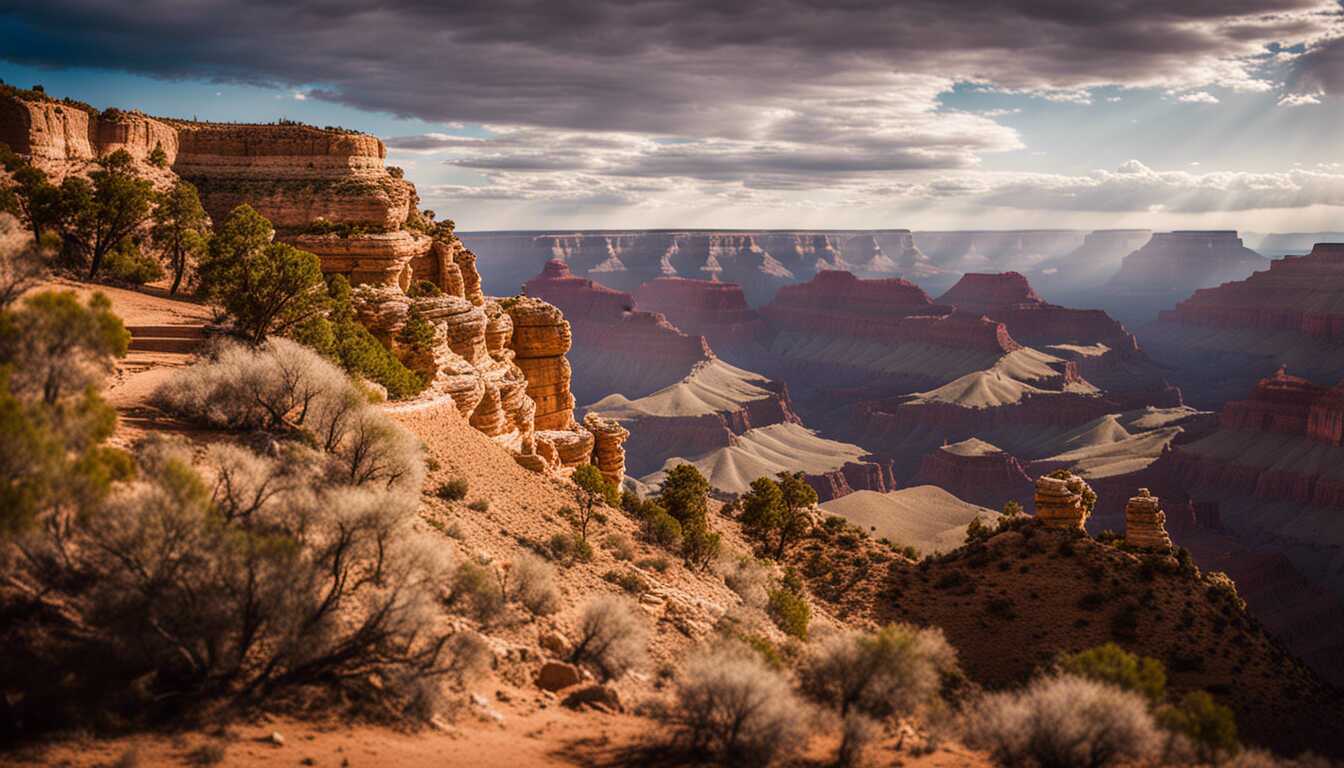
Arizona GOP challenges Biden’s national monument creation near the Grand Canyon

Arizona’s Republican leaders, Senate President Warren Petersen and House Speaker Ben Toma, have taken legal action against President Joe Biden’s decision to create a new national monument just outside the Grand Canyon National Park. The lawsuit alleges that Biden overstepped his legal authority by designating the monument, named Baaj Nwaavjo I’tah Kukveni, under the 1906 Antiquities Act.
The Republicans argue that Biden’s decision exceeds the Act’s scope of preserving objects of historic or scientific value and doesn't confine the monument to the "smallest area compatible with the proper care and management of the objects to be protected."
Preserving cultural heritage or economic benefits?
The national monument, spanning 1,562 square miles (4,046 square kilometers) north and south of the Grand Canyon National Park, fulfills a long-held aspiration of Native American tribes and environmentalists. However, it has faced opposition from Republican lawmakers and the uranium mining industry operating in the region. They argue for the economic benefits while emphasizing the national security implications of uranium mining in the area.
Republican criticism and legal challenge
Senate President Petersen criticized Biden's move as disingenuous, claiming it aims to impede local uses of federal lands critical for energy independence, food supply, and the economy. The lawsuit also highlights concerns from Mohave County and the communities of Colorado City and Fredonia, citing potential loss of tax revenue due to reduced mining activity. Furthermore, the lawsuit contends that the monument's land-use restrictions will devalue surrounding land, including State Trust Land benefiting Arizona's public schools and other beneficiaries.
Environmental and legal context
The U.S. Department of the Interior had previously imposed a 20-year moratorium on new mining claims around the national park in response to water contamination concerns. While no uranium mines are currently operational in Arizona, the Pinyon Plain Mine has been under development for years, and other claims are still active. Notably, the restoration of two national monuments in Utah by President Biden faced a legal challenge, which was dismissed by a federal judge. The judge ruled that Biden had acted within his authority in restoring Bears Ears and Grand Staircase-Escalante National Monuments, sacred to many Native Americans.
Awaiting response from White House and Interior Department
The White House and the U.S. Department of the Interior have declined to comment on the legal challenge. The outcome of this lawsuit will have implications not only for the future of the national monument near the Grand Canyon but also for the balance between conservation efforts, economic interests, and the prerogatives of the President under the Antiquities Act.
Share news















